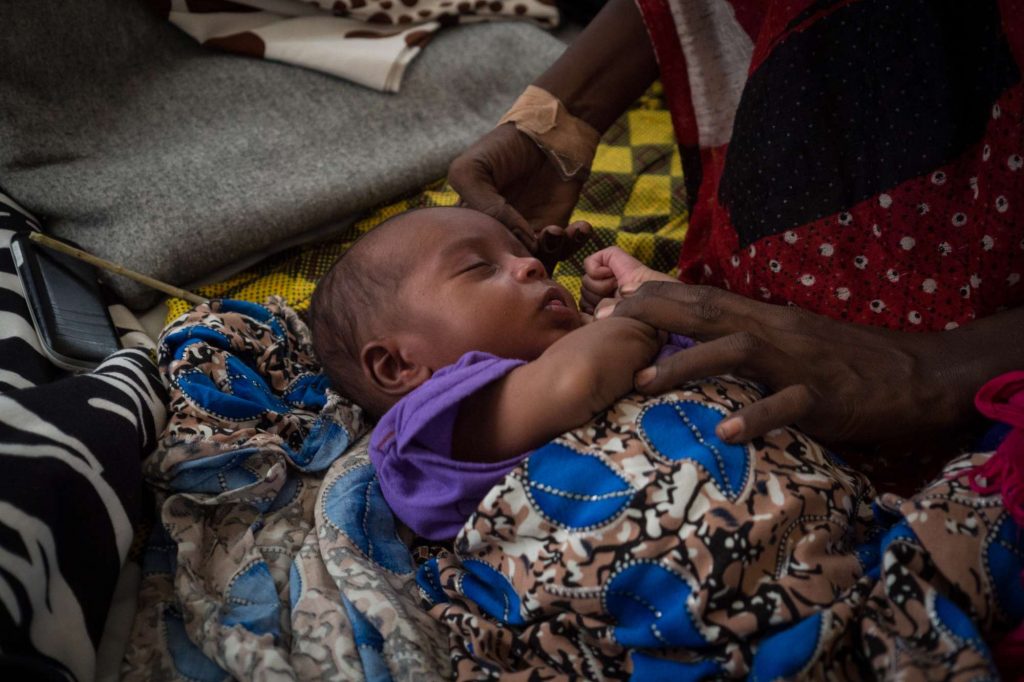Sexual and reproductive health can be a sensitive topic. In many places around the world it is taboo to speak openly about sex. This can make it difficult to access information and services around sexual and reproductive health, especially in places where religious or cultural beliefs restrict access to contraception or abortion.
Good sexual and reproductive health means having a safe and fulfilling sex life, with the freedom to decide whether or not you want to reproduce, and at what time in your life. Access to clear advice and information on sexual health is crucial, as is being able to choose from a range of contraceptive options, without facing any stigma or discrimination. It is also important to have access to maternal health services during pregnancy and childbirth, to ensure a safe pregnancy for both mother and child.

For many women, a lack of access to these family planning services means they are unable to choose when they have children, and how many children they have. It is often the poorest who cannot access these services, and therefore this lack of planning can have a huge financial impact on women and their families. This can impact on their health, as well as the health of their family. Consequences can be wide-ranging, from child malnutrition to the inability to send all children to school.
A lack of sexual and reproductive health services can also lead to the spread of sexually transmitted diseases, such as HIV. This directly impacts on the health, well-being and livelihoods of families, and can be particularly dangerous if those with the disease have not been able to access health services to diagnose or treat their illness.
At Health Poverty Action, not only do we believe it is crucial to provide access to comprehensive sexual and reproductive health services – we also believe in the need to destigmatise sex and sexual health by encouraging open discussions about it in families and communities.

